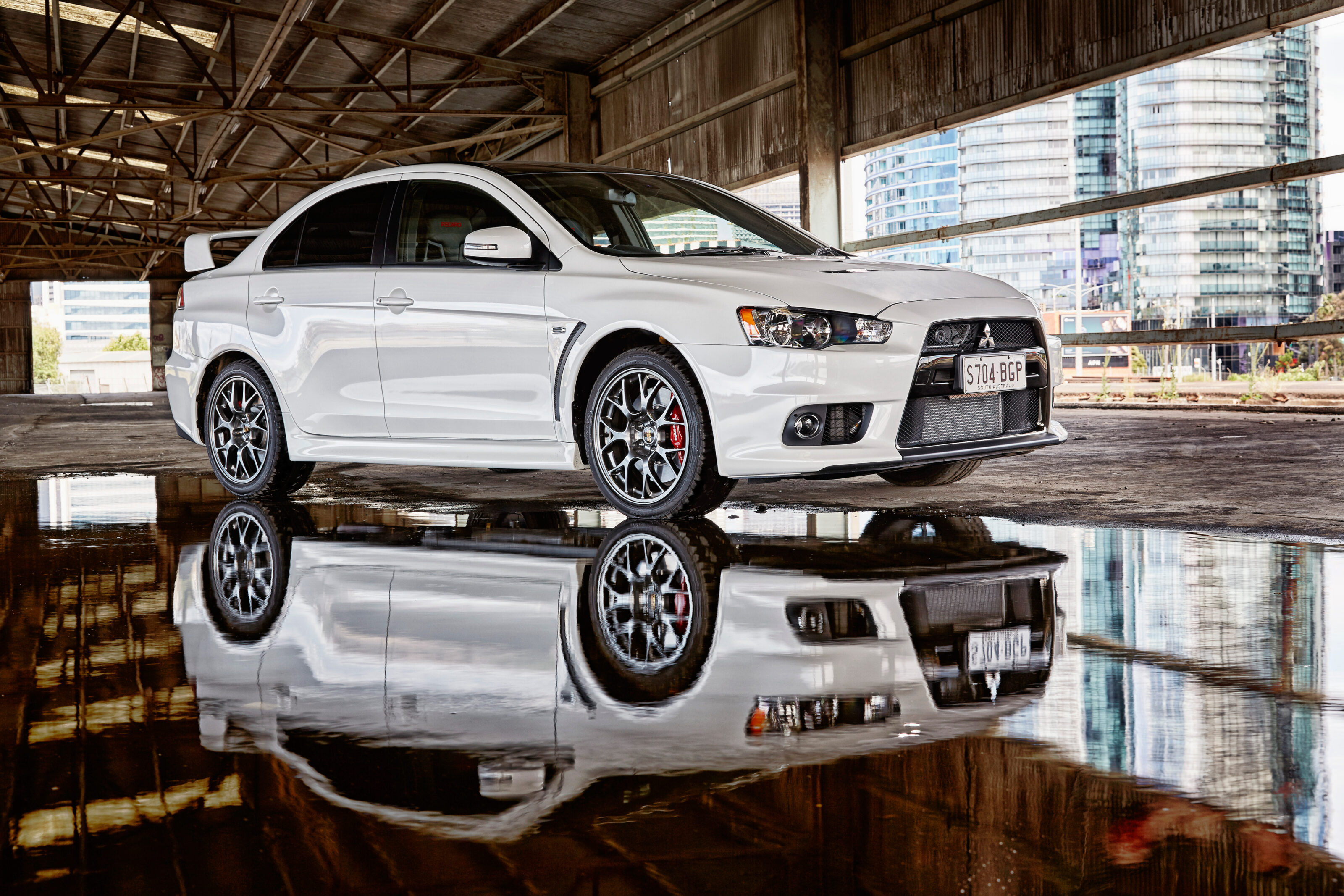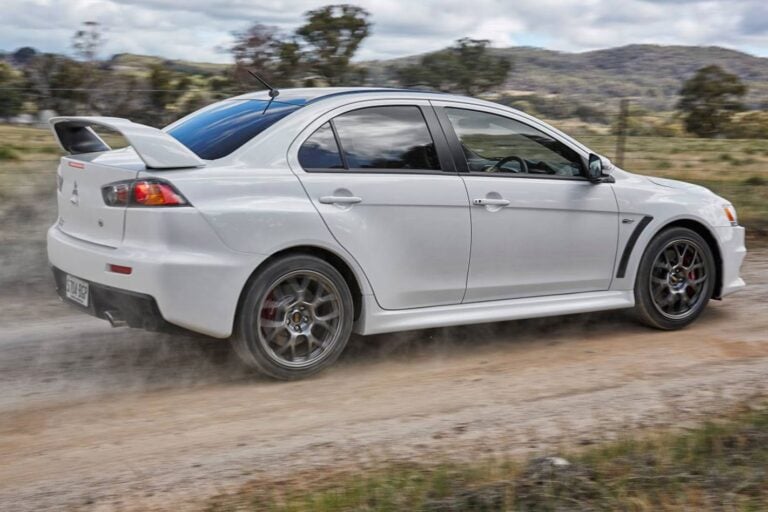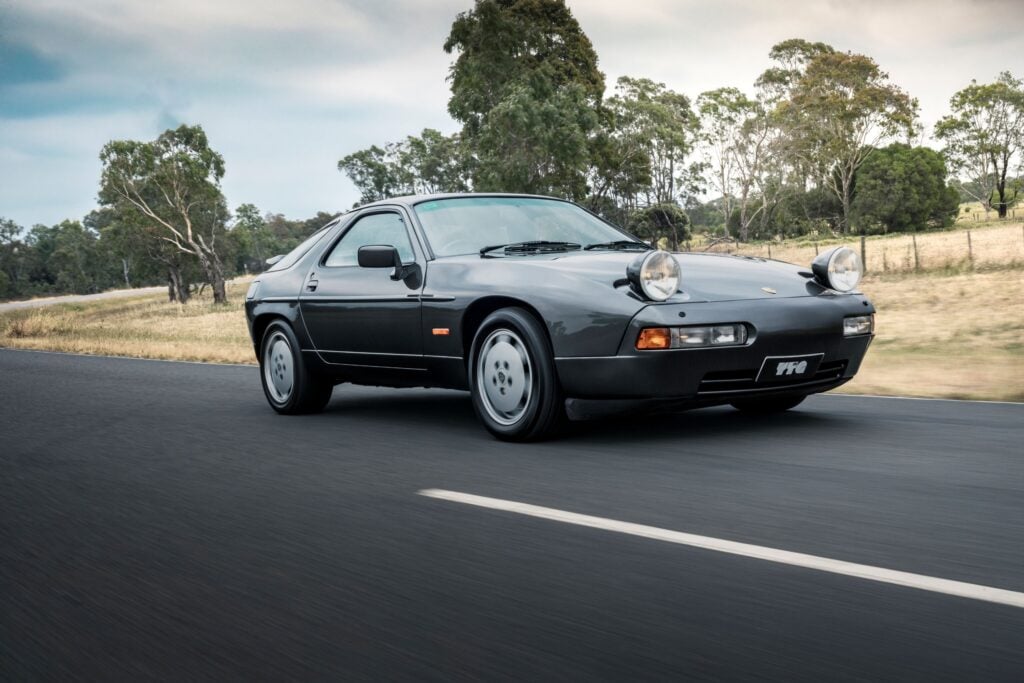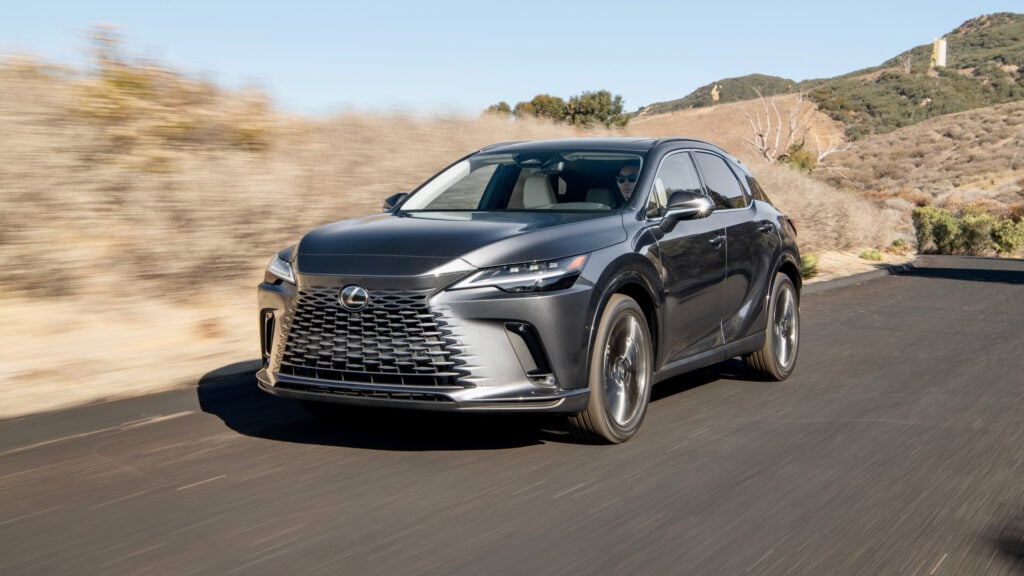Around 20 years ago, to car enthusiasts in Australia, Red versus Blue didn’t just mean Holden and Ford. It also meant Mitsubishi versus Subaru and Tommi Mäkinen versus Colin McRae.
To many, the word ‘Evolution’ evokes airborne images of the four-time World Rally Champion in his 1999 Evo VI. If you’re a bit younger, perhaps it’s the Evo IX as the last Evo developed in tandem with Mitsubishi’s World Rally campaign, which seceded in 2005.
Surrounded by a booming nostalgia-fuelled secondary car market, the final Lancer Evolution X is rarely in that front-of-mind conversation, but in time that will change.
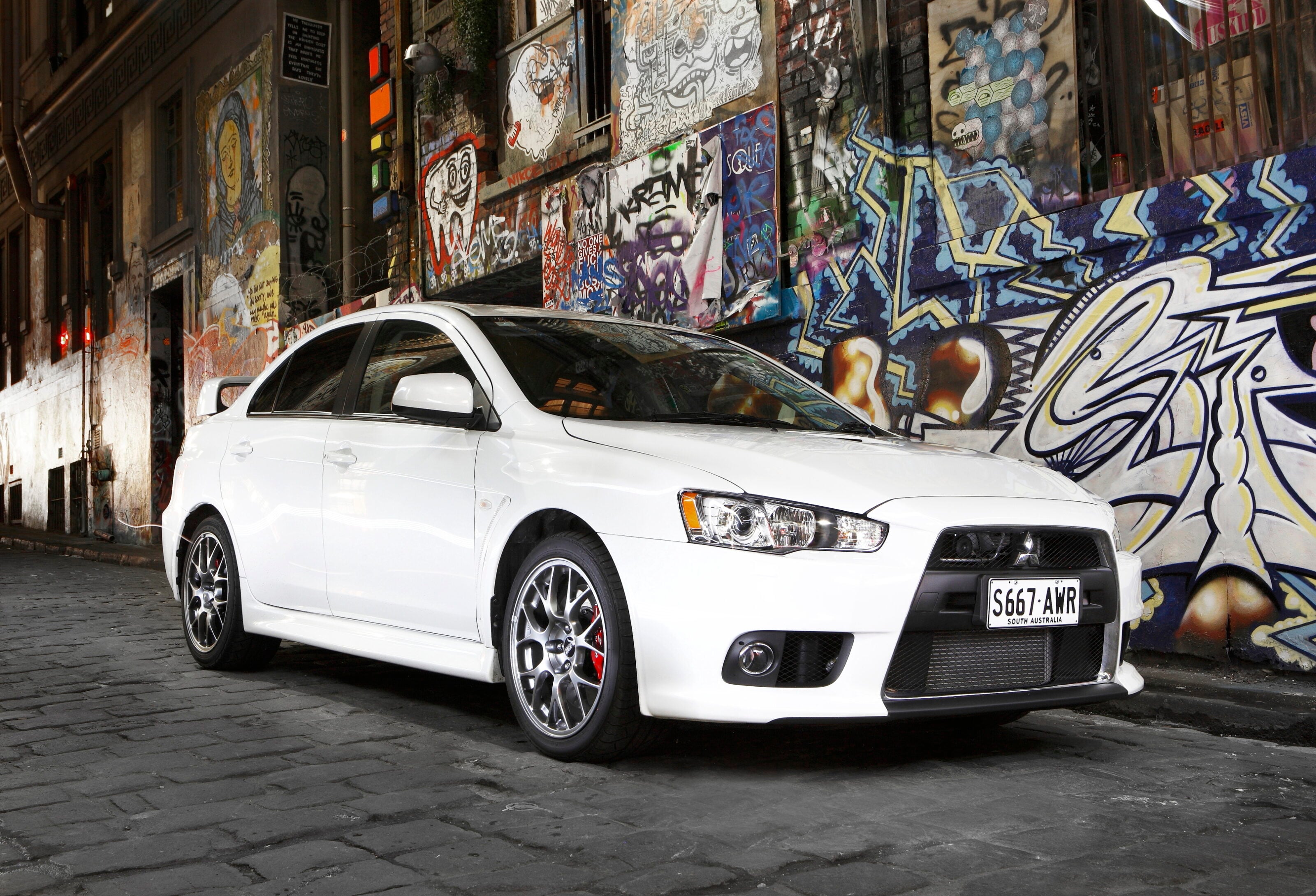
More than the mere swansong of an almost 25-year lineage, the tenth and final Evolution was the most radical and sophisticated iteration of the legendary Lancers and stands unique from its nine siblings in a number of ways.
For one, the long-serving 4G63 2.0-litre turbocharged inline-four, a powerplant whose basic architecture stretches back to the Galant VR4 of 1988, was finally retired and replaced with an all-new, all-alloy 4B11T 2.0-litre inline-four.
The last Lancer Evo is also uniquely underpinned by Mitsubishi’s GS platform, while Evos I to VI were based on Mirage platforms, and Evos VII to IX were based on Mitsubishi’s ‘Century Diamond’ Lancer platform.
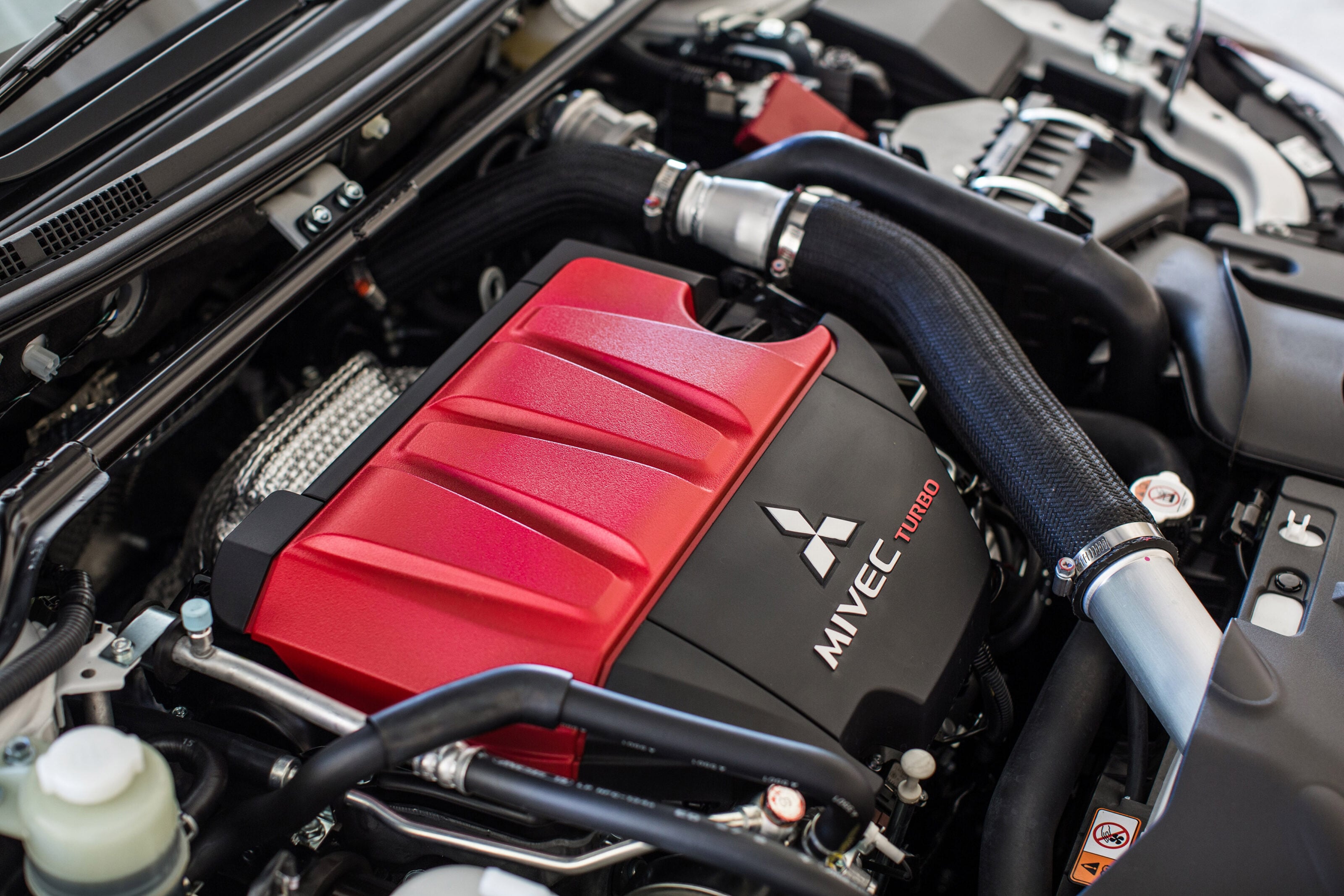
Larger and around 130kgs heavier than the preceding Evo IX, the tenth and final Evolution was traditionally regarded as a diluted and less focused machine than its predecessors. Today, however, the driving experience feels delightfully old-school, with real turbo lag delivering an unhurried take-off before a tidal wave of mid-range torque steps in. It’s still a devastatingly efficient tool to cover ground in.
The X represented the Evo’s coming of age, but it never quite got the love it deserved. Like the R35 GT-R, it was unfamiliar and enthusiasts believed it had taken on too much weight and too much tech. Unlike the GT-R though, the Evo name was resigned to history as Mitsubishi ended production in early 2016.
Seen as too ‘digital’ to be a driver’s car in its day, the final Evo makes a compelling case in a contemporary context. Priced out of the old JDM market but want that analogue experience? As Cameron Kirby might say: “X gon’ give it to you”.
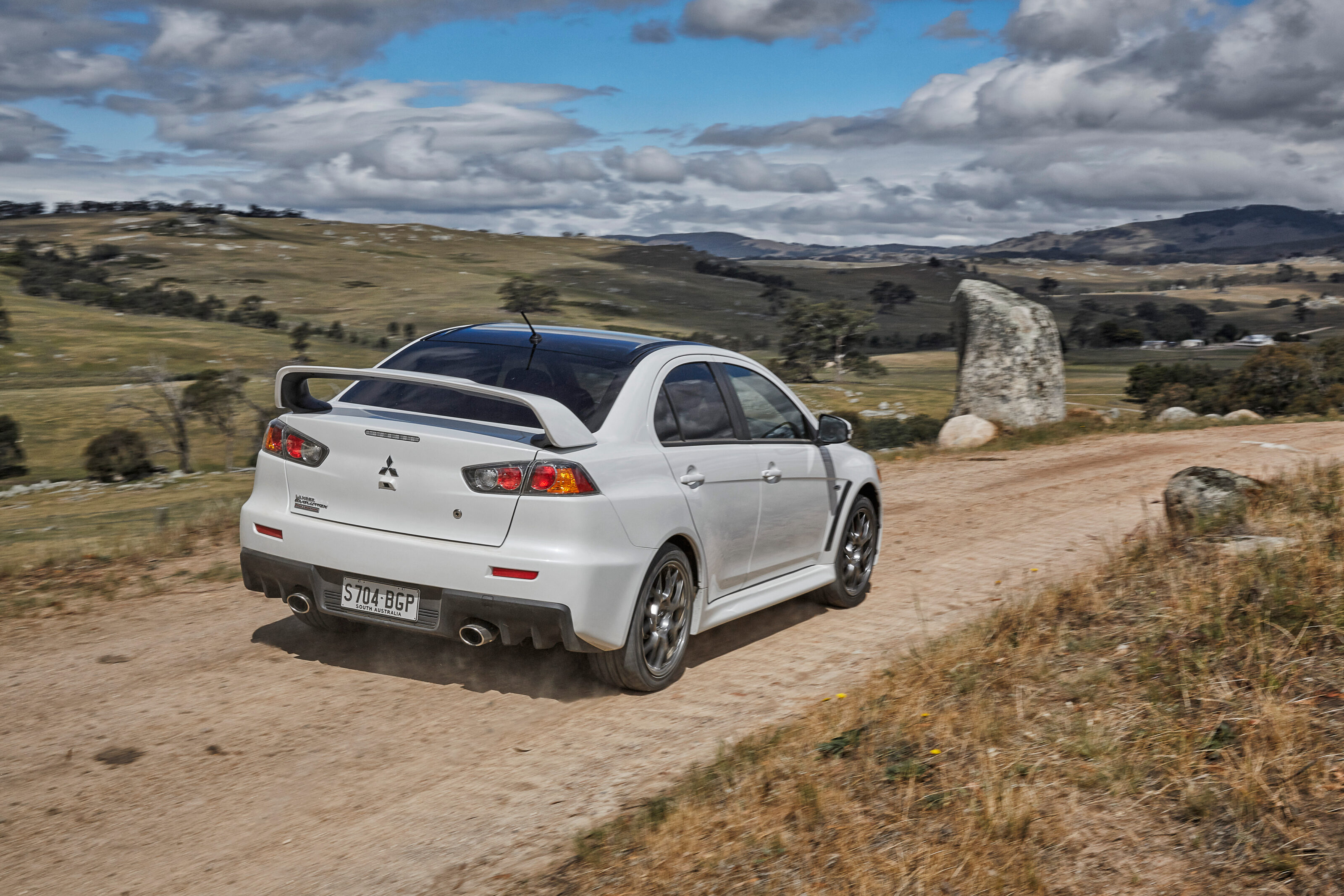
Essential Checks
In the Market
The Australian Evo X range comprised of a base car and a premium MR variant. ADM cars gained the same 217kW/366Nm tune as the USDM cars (upon release, JDM models were still hampered by Japan’s gentleman’s agreement on published 206kW outputs). The base car was fitted standard with a five-speed manual, with the cost option of Mitsubishi’s new six-speed TC-SST dual-clutch transmission.
The MR was fitted with the dual-clutch gearbox as standard, also gaining two-piece floating Brembo brake rotors up front, Bilstein shocks and Eibach springs, forged 18-inch BBS wheels, heated leather trim, Rockford Fosgate sound system and central infotainment touchscreen with Bluetooth and Sat-Nav.
The ultimate enthusiast spec is a base manual Evo with the optional performance pack, which gains the MR’s go-fast bits including wheels, brakes and suspension.
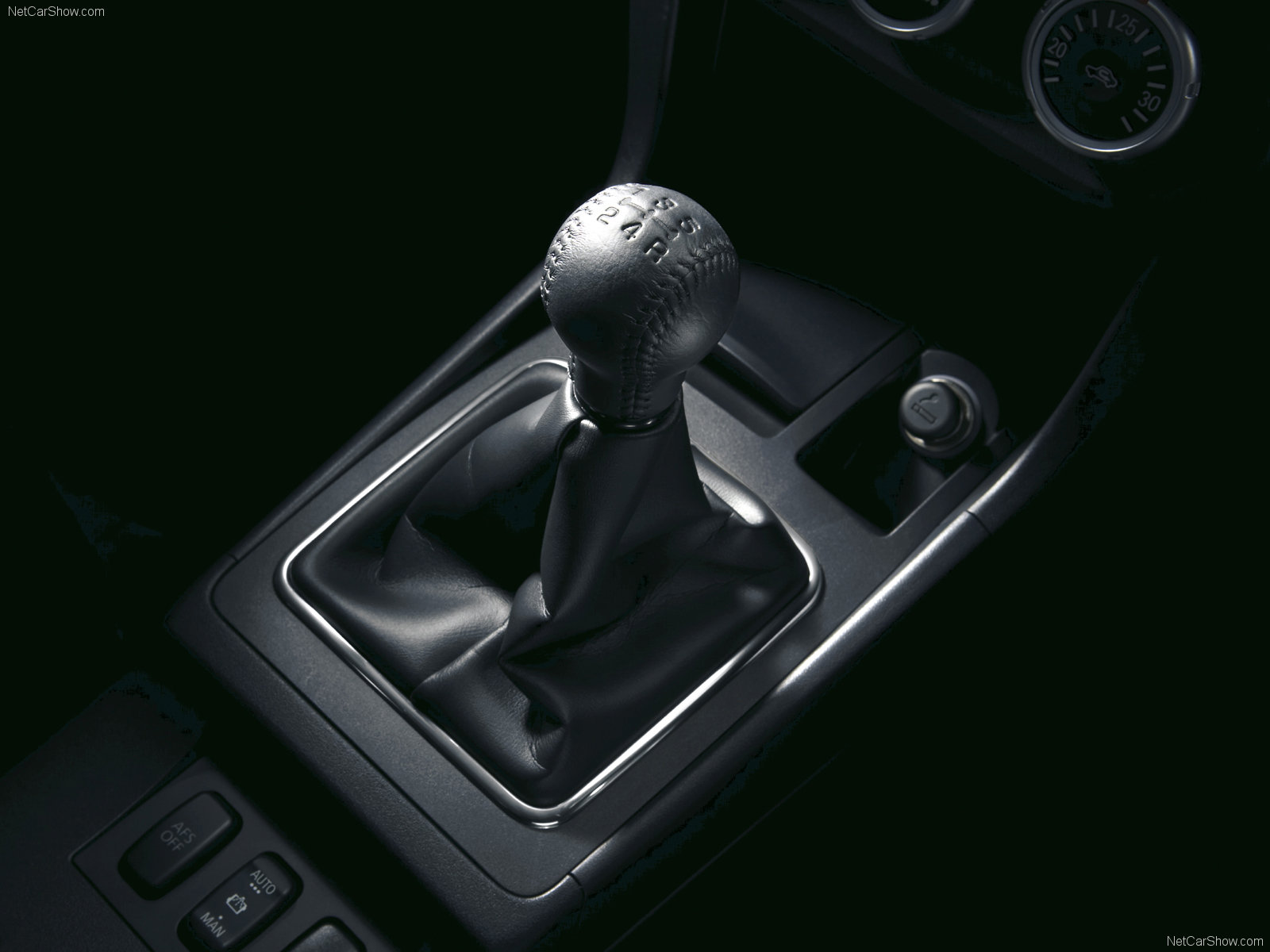
Australia also received a unique run of 100 Bathurst Editions, upgraded by Ralliart Australia to 247kW/436Nm, representing the most powerful Evos ever offered in Australia.
Mitsubishi’s own Final Edition, a manual-only special limited to 150 units, couldn’t match Ralliart’s efforts, producing 226kW/414Nm.
Evo Xs were $30k cars not long ago, but the market now starts at $40k for cars approaching 100,000kms, up to about $60k for low-mileage factory examples.
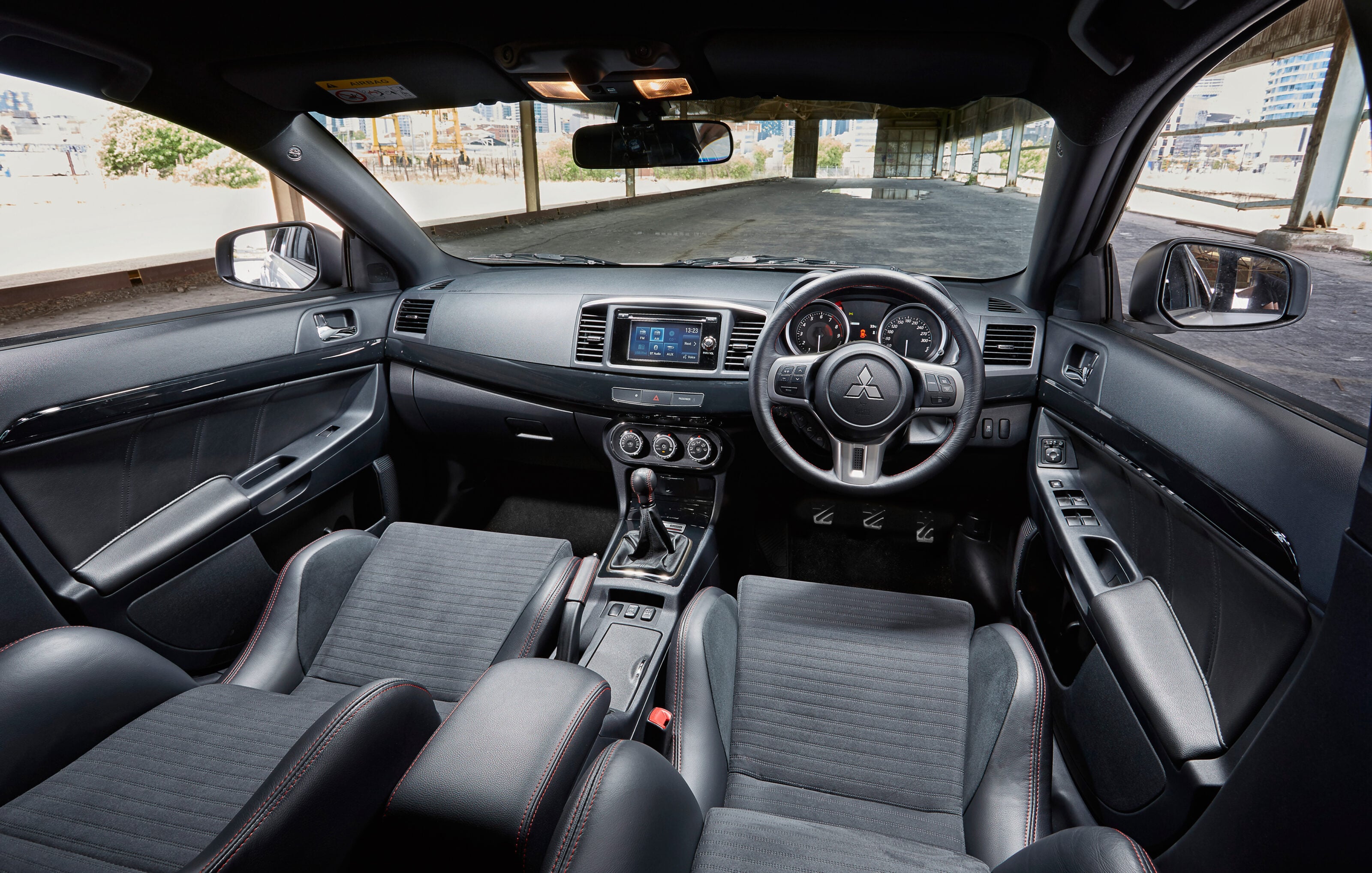
Body & Chassis
The bonnet and roof are made of aluminium, which is costly to repair so closely inspect for dents. Elsewhere, the flared rear guards are especially vulnerable to stone chips.
General accident inspection is advised when checking out used performance cars. Examine the boot and chassis legs for signs of deformation.
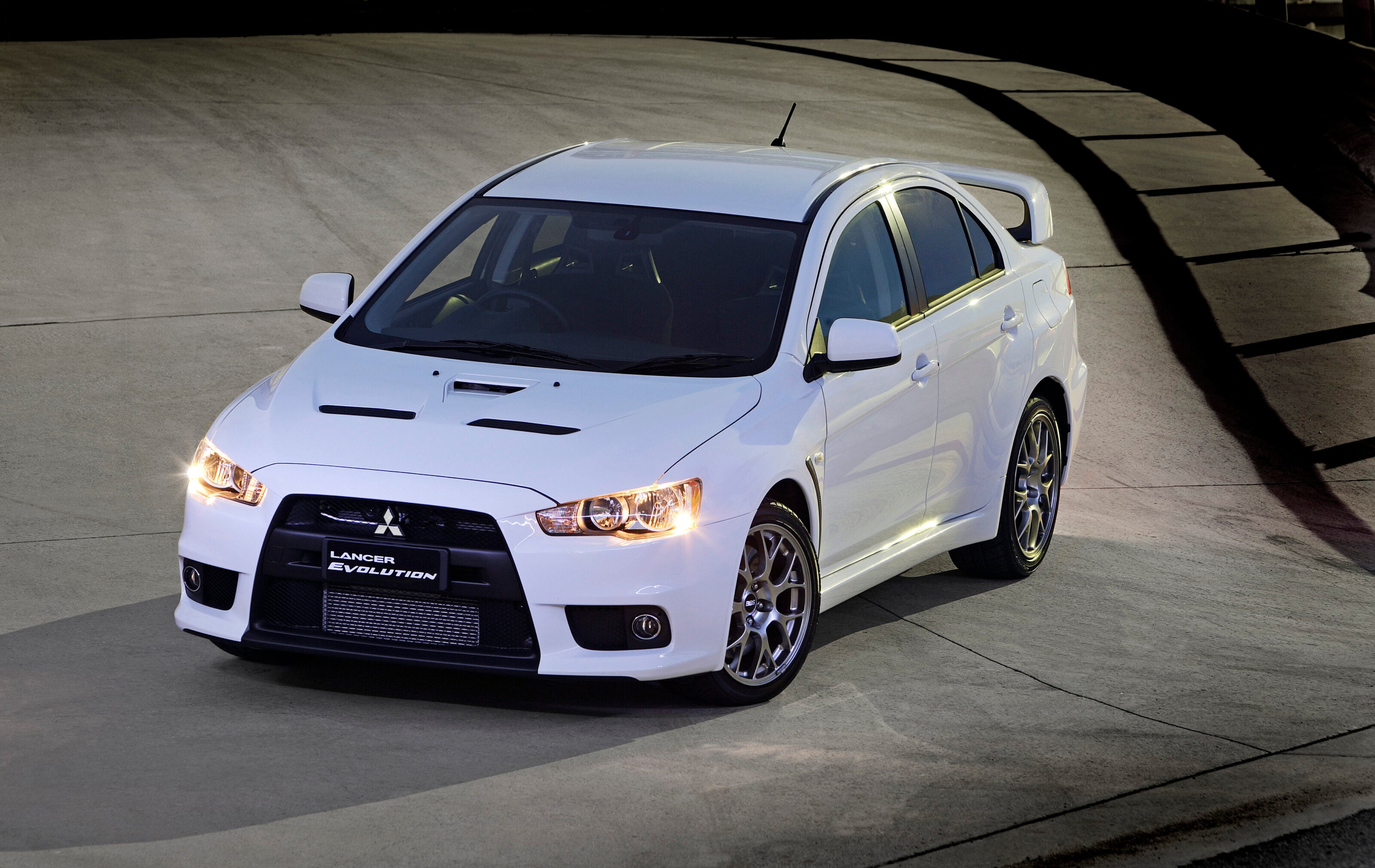
Engine & Transmission
The 4B11T likes a service every 7500kms (or six months), and is a reliable unit with a few known issues to note.
Timing chains on cars built before 2011 were prone to stretching, with upgraded components adopted later in production. Early factory fuel pump relays were also a known fault, and can cause the engine to run lean, but are a cheap and easy fix – if not already performed. OEM exhaust manifolds were also known to develop hairline cracks in rare cases.
SST dual-clutch transmissions were known to wear out clutches prematurely, especially on modified examples. Gearbox oil and external filter changes every 25,000kms does much to prolong life.
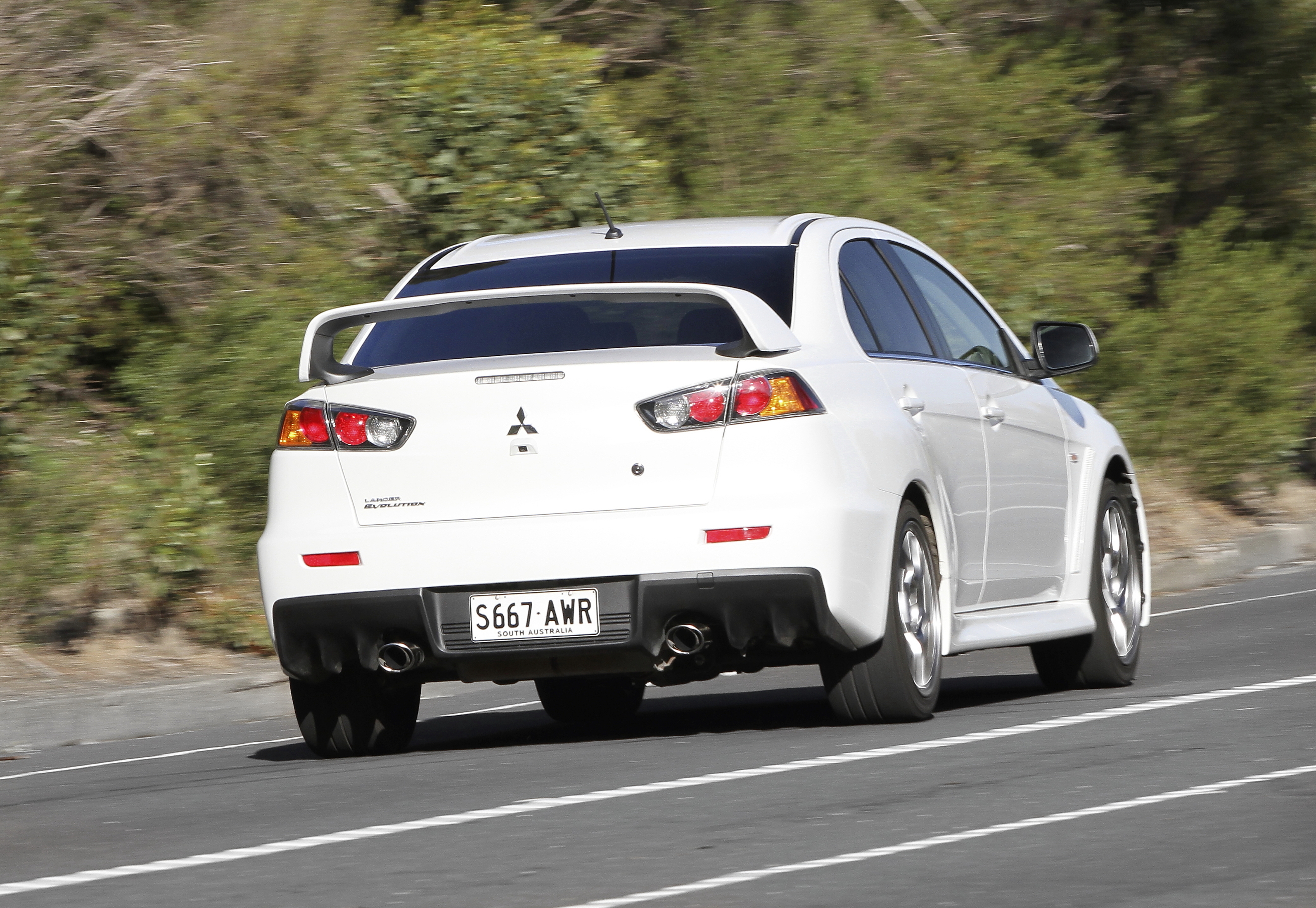
Suspension & Brakes
A flawed packaging decision saw the ACD/AYC pump located behind the rear driver’s side wheel, which made it vulnerable to corrosion and subsequent failing. Sourcing new-old stock replacements can be costly, although aftermarket units are available, and various relocation kits will eliminate any risk.
Knocks often occur at the front end, frequently caused by worn front damper bearings.
Interior & Electrics
Rattles seem to be a when, not if affair, often permeating around the A and B-pillar or glovebox. The Recaros sit quite high and there is no reach adjustment in the column, so check you fit.
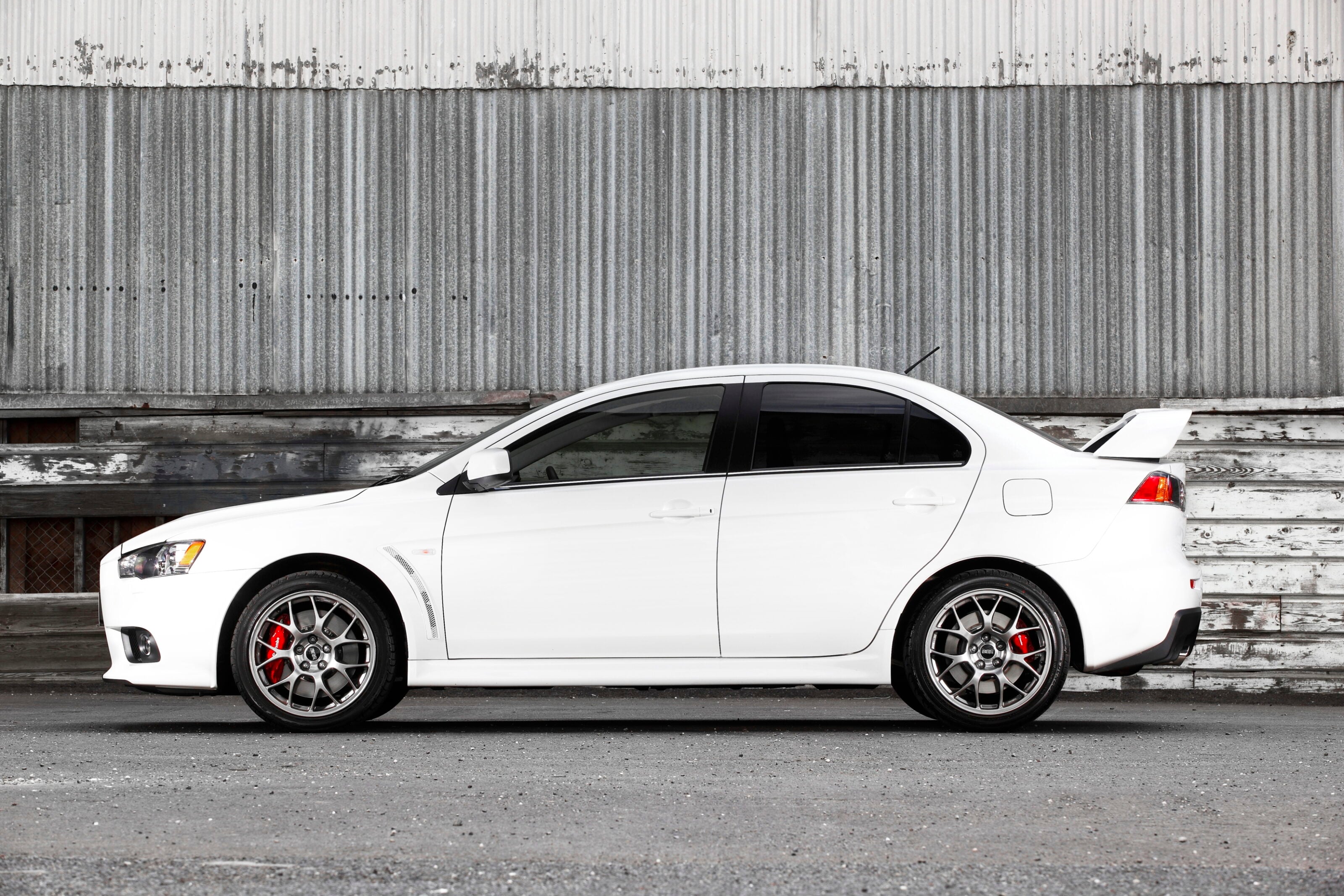
Three other options you may consider
The obvious: Subaru VA WRX
Top-end Evo X prices (let’s not even mention Evo IX prices) would afford you a virtually new WRX demonstrator, or even a gently used flagship STi Spec R. If you like them older, $60k will also see you into a very used ‘Hawkeye’ STi.
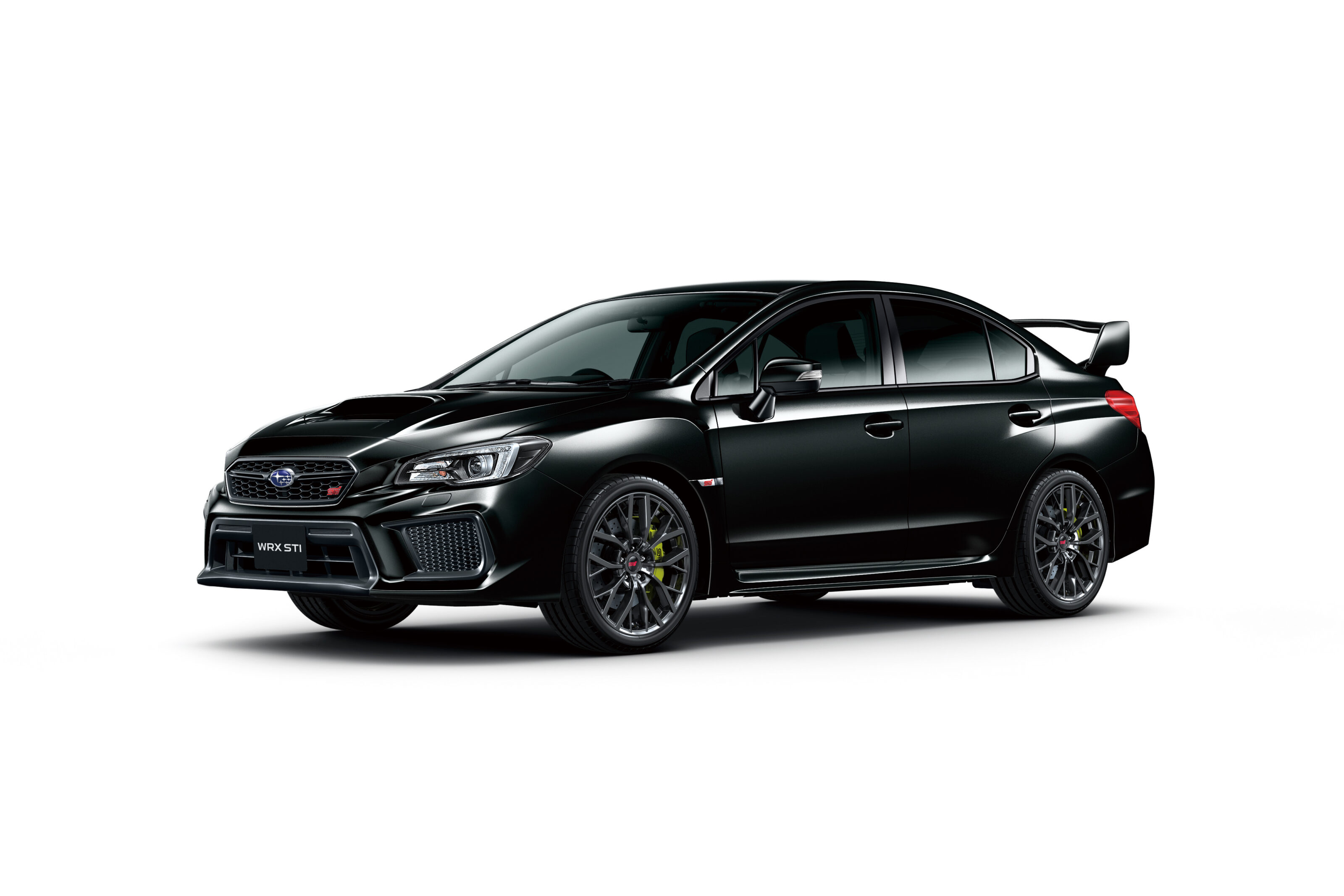
The unexpected: Audi B7 RS4
When buyers began shying away from Evos and WRXs, they went to European sports sedans like this. The B7 RS4 is held up as a highpoint within the lineage, and is available at a cheaper buy-in, yours for around $50k.
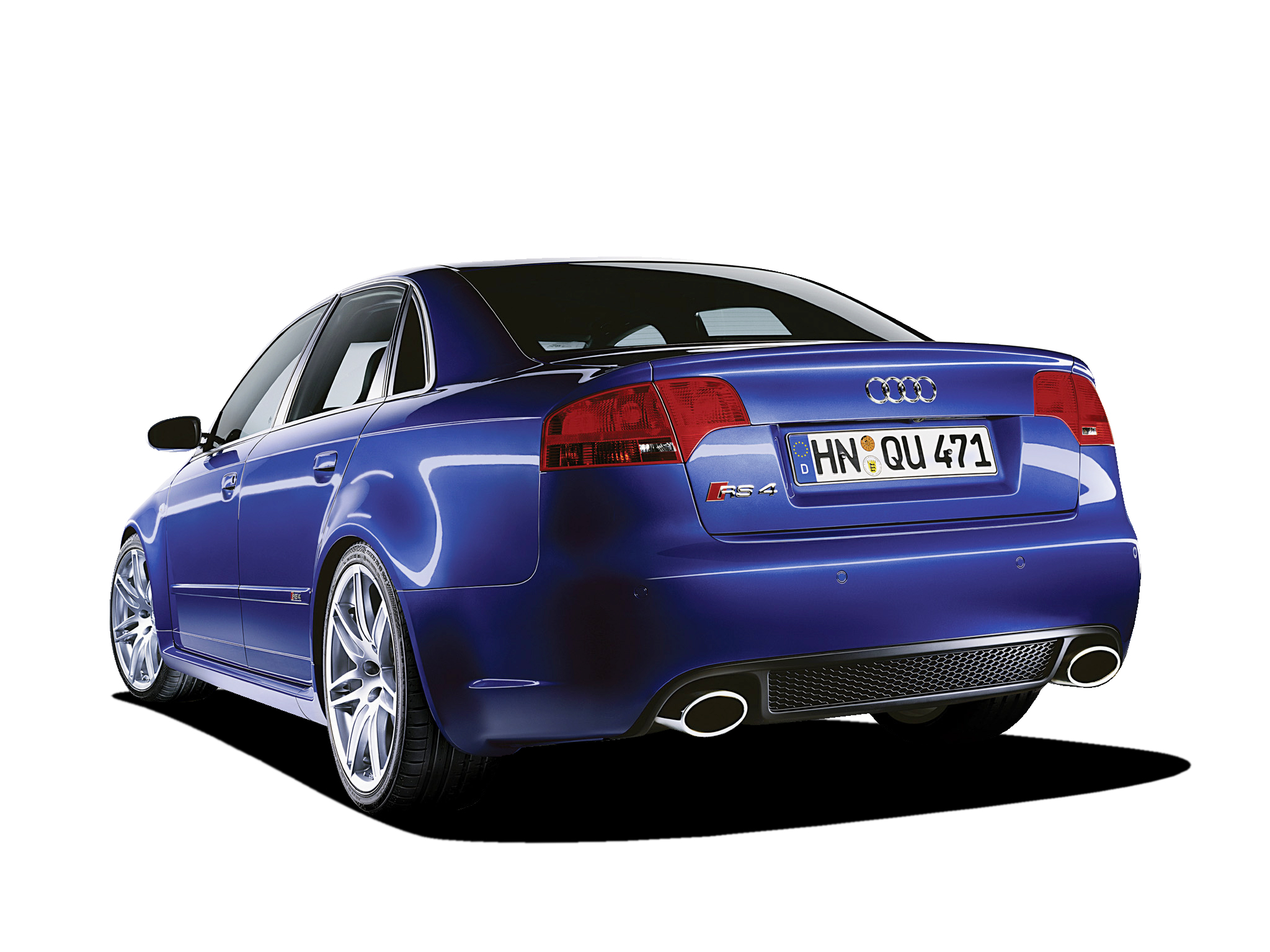
The oddball: Volkswagen Mk7/7.5 Golf R
To modern enthusiasts, the Golf R is arguably the truest spiritual champion of the days when Evos and WRXs ruled the road. All-wheel drive traction, a highly strung transverse turbo-four and endless tuneability. It’s easy to see why.
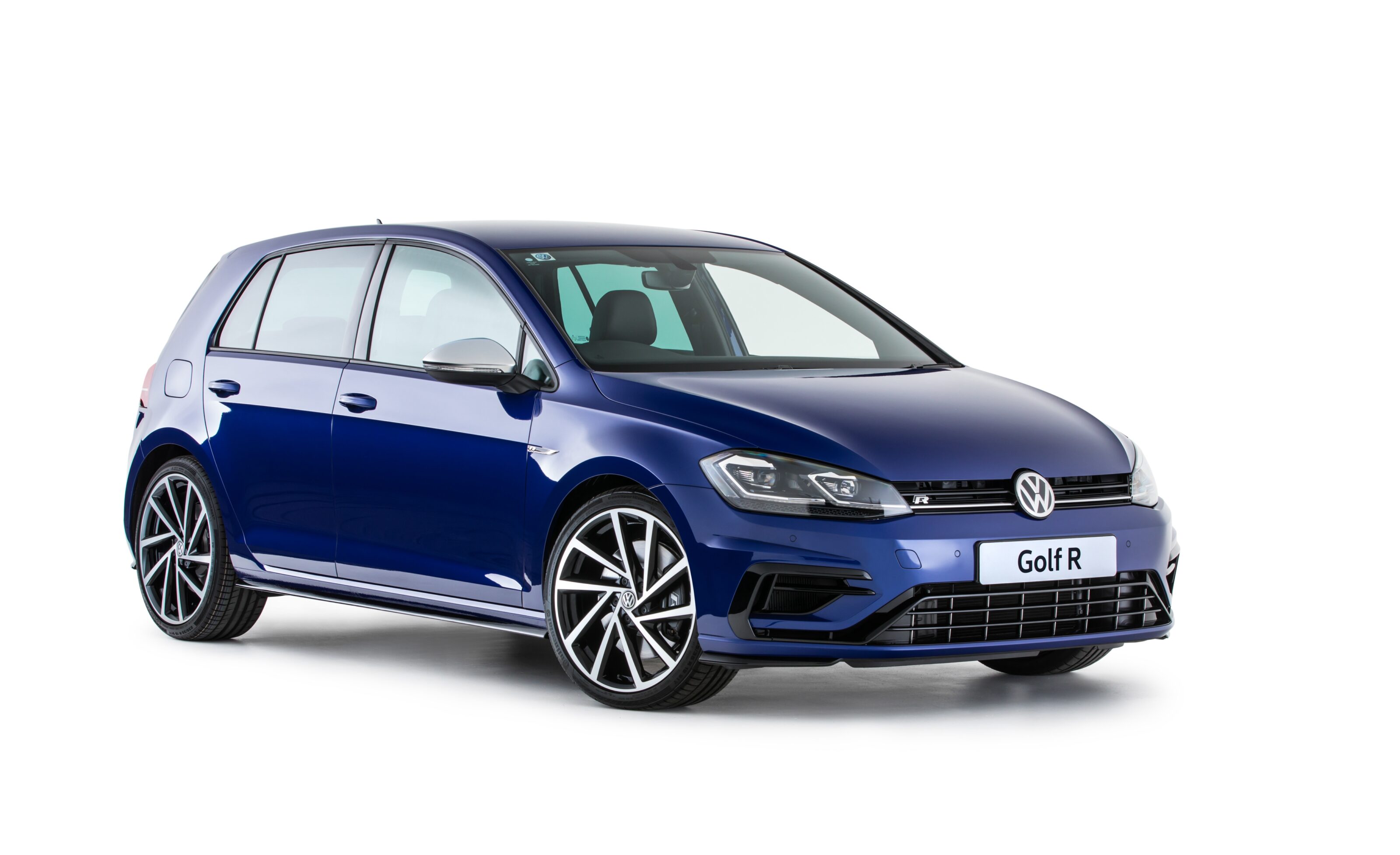
Mitsubishi Lancer Evolution X specs
| Body | 4-door, 5-seat sedan u00a0 |
| Engine | 1998cc inline-4, DOHC, 16v, turbou00a0 u00a0 |
| Power | 217kW @ 6500rpm u00a0 |
| Torque | 366Nm @ 3500rpm u00a0 |
| Transmission | 5-speed manual/ 6-speed dual-clutch u00a0 |
| Weight | 1560kg u00a0 |
| Used Range | $40,000-$60,000 |


